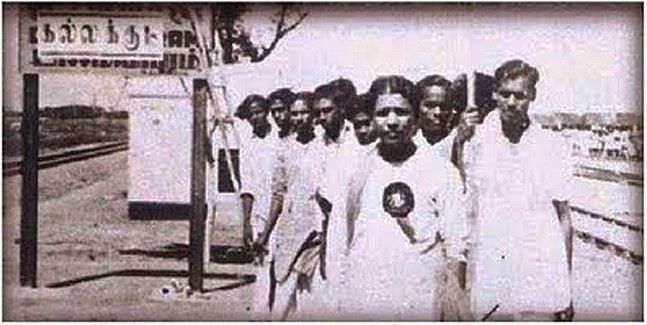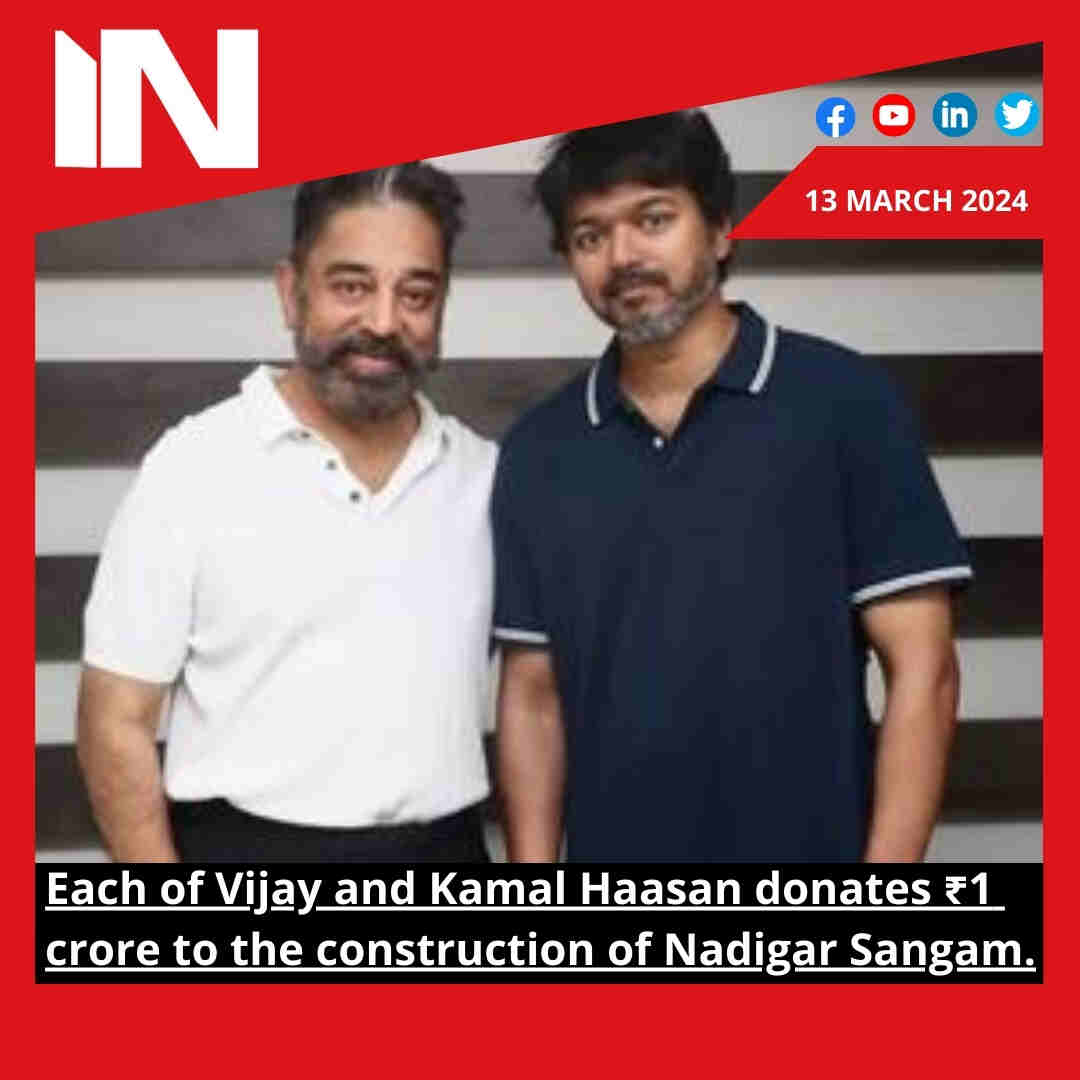India Hot Topics
Citizenship Amendment Act (CAA) – A Summary of scholars Protests in India

Protests movement in India could be traced back to nearly 200 years ago with the formation of the Academic Association in undivided Bengal’s Hindu College under the guidance of Henry Louis Vivian Derozio, a teacher there and a reformer, in 1828.
Anti-Hindi movement in Tamil Nadu, 1965
the protest against Hindi had been going on for decades in Tamil Nadu, it became a flashpoint when a large number of students across the state launched a stir against the Official Languages Act of 1963, which made Hindi an official language along with English. Despite protests by the Dravida Munnetra Kazhagam (DMK) in Parliament.
Nav Nirman Andolan, 1974
On December 20, 1973, students of an engineering college in Ahmedabad launched an agitation against a 20% fee hike in hostel food. A similar strike on January 3, 1974, at Gujarat University saw clashes between the police and students. The protesters demanded the resignation of then chief minister Chimanbhai Patel.
Bihar student movement, 1974 (also called JP movement)
The Chatra Sangarsh Samiti led by Jai Prakash Narayan focused on corruption, nepotism, electoral reforms, subsidized food and education reforms. It was a non-violent protest, which started from Patna University and spread to several other educational institutes in Hindi-speaking states of northern India. Nitish Kumar, now the Bihar chief minister; Lalu Prasad, a former Bihar CM;
Student movement in Emergency, 1975
In several universities and academic institutions across India, students and faculty members organized underground protests, using pamphlets and leaflets to protest against the imposition of Emergency. Over 300 student union leaders, including then Delhi University Students Union president Arun Jaitley and Jai Prakash Narayan, who headed the Chatra Sangarsh Samiti, were sent to jail.
Assam Agitation (1979 to 1985)
The agitation in Assam against illegal migrants was launched by the All Assam Students Union, which is now spearheading protests against the amended citizenship act. It was an agitation to protect the identity of Assamese people in the wake of an influx of people from Bangladesh following 1971’s War of Liberation. People from different walks of life joined the students’ protests,
Anti-reservation protests, 2006
In August 1990, students from across India started a protest against the introduction of a 27% reservation in government jobs for people from the Other Backward Classes. The government, led by VP Singh, implemented the Mandal Commission recommendations submitted to the government in 1980. Although the protest began at Delhi University,
FTII agitation, 2015
It was a second major protest against the reservation system. In 2006, widespread protests took place in educational institutes oppose the decision of Congress-led United Progressive Alliance government to implement reservations for OBCs in both central and private higher education institutes. Students and doctors belonging to upper castes called the move discriminatory. There were counter-protests in favor of the decision by OBC student groups.
Jadavpur University, 2014
The “hok kalorob (let there be uproar)” movement at Jadavpur University was against alleged police attack on unarmed students. The students were demanding a fair inquiry into the alleged molestation of a student inside the campus. The week-long protest led to the removal of vice-chancellor Abhijit Chakraborty, who had allegedly allowed police to enter the campus.
Protest over Rohith Vemula’s death, 2016
The suicide of a Dalit scholar of Hyderabad University, Rohith Vermula, triggered a nationwide outrage against the university administration over alleged failure to prevent his suicide. The suicide took place days after the university’s executive council expelled five Dalit students, including Vemula, from the hostel and limited their access to the campus for allegedly assaulting an ABVP student leader. Hundreds of students from universities across India participated in protest rallies.
JNU protest, 2016
On February 9, 2016, Jawaharlal Nehru University (JNU) erupted in protests over the 2013 execution of Afzal Guru, a Kashmiri separatist convicted of conspiring in an attack on Parliament 16 years ago. Many human rights groups felt was flawed. The demonstration witnessed clashes between different student groups. Four days after the event, then JNU students’ union president Kahhaiya Kumar was arrested by Delhi Police and booked for sedition.
Jamia Millia Islamia University protest, 2019
Citizenship Amendment Act (CAA) Today News Updates: As tensions remain high across the nation over the amended Citizenship Act with internet blocked and tight security, protests in parts of western Uttar Pradesh including — Bulandshahr, Meerut and Muzaffarnagar — turned violent Friday. Protesters torched several vehicles in Bulandshahr, More than 15 districts in UP witnessed clashes between the police and protesters.
Movie
The Madras High Court has granted early screenings of Vijay’s Leo movie from 7 AM, requesting the TN government to resolve any issues.
Madras High Court Grants Early Screenings of Vijay’s “Leo” Movie at 7 AM, Urges TN Government to Address Concerns
The Madras High Court has made a landmark decision in favor of the much-anticipated Tamil film “Leo,” starring actor Vijay. In a significant move, the court has granted permission for early screenings of the movie from 7 AM, urging the Tamil Nadu government to swiftly address any issues and facilitate the smooth release of the film. This decision marks a pivotal moment in the realm of Tamil cinema and the entertainment industry at large.
Historical Context:
The Indian film industry, particularly the Tamil film industry, has seen its share of controversies and challenges related to film releases. Issues such as censorship, political disputes, and public sentiment have often played a significant role in shaping the release schedules and screening times for films. Vijay, one of Tamil cinema’s most prominent actors, has been at the center of such controversies in the past. This decision by the Madras High Court is, therefore, particularly noteworthy.
The Ruling:
The Madras High Court’s decision to permit early screenings of “Leo” comes as a response to a plea filed by the film’s producers. The court, while considering the plea, took into account various factors, including the film’s anticipated popularity and the prevailing circumstances. The court emphasized the importance of accommodating the audience’s interests and allowing them to enjoy the film without disruptions.
A Step Towards Normalization:
The court’s decision signifies a positive shift in the film industry, where release dates and screening times are often mired in controversy. By allowing screenings to commence at 7 AM, the court aims to reduce the chances of public unrest and congestion near theaters, especially in the wake of high-profile film releases.
The Role of the Tamil Nadu Government:
The Madras High Court, in its ruling, also called upon the Tamil Nadu government to cooperate in ensuring a seamless release for the film. This cooperation extends to providing necessary security measures to maintain law and order around theaters during the early screenings.
Implications for the Entertainment Industry:
The decision is expected to set a precedent for the release of other highly anticipated films, not just in Tamil cinema but also in the broader Indian film industry. The court’s emphasis on the importance of accommodating the audience’s interests could lead to more flexible screening times for movies in the future.
The Audience’s Perspective:
For moviegoers and fans of Vijay, this decision comes as a welcome relief. They can now look forward to enjoying the film without any undue delays or disruptions, ensuring a memorable cinematic experience.
In conclusion, the Madras High Court’s ruling to allow early screenings of Vijay’s “Leo” at 7 AM while urging the Tamil Nadu government to resolve any issues paves the way for a more audience-centric approach in the film industry. It is a landmark decision that highlights the importance of balancing the interests of filmmakers and the movie-loving public. This judgment is poised to make a positive impact on the release of future films, ushering in a new era of flexibility and convenience for cinema enthusiasts.
Group Media Publications
Entertainment News Platforms – anyflix.in
Construction Infrastructure and Mining News Platform – https://cimreviews.com/
General News Platform – https://ihtlive.com/
Podcast Platforms – https://anyfm.in
-
.jpg)
.jpg) Music2 months ago
Music2 months agoSidhu Moosewala’s father and baby brother feature on Times Square billboard; fans react. Watch
-
Bollywood1 month ago
Rasha, the daughter of Raveena Tandon, discusses how trolling affects her: “I think in processing it, feeling bad for a bit.”
-

 Bollywood1 month ago
Bollywood1 month agoThe phrase “female-led projects” annoys Bhumi Pednekar. “It disgusts me deeply.”
-

 Entertainment2 months ago
Entertainment2 months agoEach of Vijay and Kamal Haasan donates ₹1 crore to the construction of Nadigar Sangam
-
%20(1).jpg)
%20(1).jpg) Bollywood1 month ago
Bollywood1 month agoAditi Rao Hydari makes it clear that she is not married to Siddharth; instead, the couple displays rings.
-
Bollywood1 month ago
Vijay Deverakonda and Mrunal Thakur’s Family Star opens with a first-day box office collection of more than ₹5 crore in India.
-
%20(1).jpg)
%20(1).jpg) Entertainment1 month ago
Entertainment1 month agoAnushka Sharma, who hasn’t posted on Instagram since Akaay’s birth, is at last back, and she seems happy.
-
%20(1).jpg)
%20(1).jpg) Entertainment1 month ago
Entertainment1 month agoFighter OTT: The third-most-watched non-English movie on Netflix worldwide stars Deepika Padukone and Hrithik Roshan.

anyflix.jpg)
anyflix.jpg)
anyflix.jpg)
anyflix.jpg)
anyflix.jpg)
%20final.jpg)
%20final.jpg)
%20final.jpg)
%20final.jpg)


.jpg)
.jpg)
.jpg)






